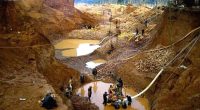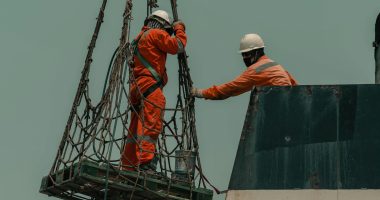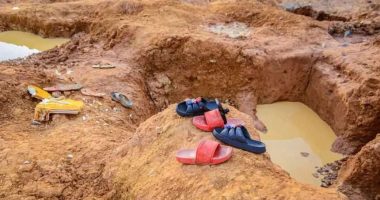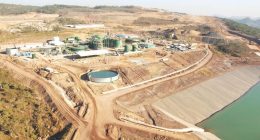The Federal Government has earmarked N6.21 billion for the salaries of workers at the dormant Ajaokuta Steel Company in its proposed 2025 budget. This marks a 44.76% increase from the N4.29 billion allocated in 2024, despite the facility’s failure to produce a single sheet of steel since its inception over four decades ago.
Conceived in 1979, the Ajaokuta Steel Complex was intended to serve as a cornerstone of Nigeria’s industrialisation. Designed as an Integrated Iron and Steel Plant, it was equipped with four rolling mills—Billet, Light Section, Wire Rod, and Medium Section and Structural Mills—and utilised blast furnace technology, which dominates global steel production. By 1994, the plant was reportedly 98% complete, with 40 out of 43 planned units constructed.
Despite its potential, the project has remained largely dormant due to decades of mismanagement. Past efforts, including agreements with Russia in 2019 and discussions with Chinese steel companies in 2024, have yet to yield results.
Persistent Budget Allocations
Over the past 11 years, the Federal Government has allocated N45.11 billion for the moribund steel plant. Between 2014 and 2024, personnel costs accounted for N29.11 billion, with an additional N9.8 billion for staff allowances. The allocations continue to raise eyebrows, particularly as the workforce remains ineffective.
A recent investigation by Senator Natasha Akpoti-Uduaghan, representing Kogi Central, revealed significant discrepancies. She noted that despite the N4.2 billion allocated for personnel costs in 2024, visits to the plant showed fewer than 10 workers on-site. She questioned, “Who are the workers collecting monthly salaries from the appropriated funds?”
The Federal Government’s 2025 budget includes N233.63 million for overhead costs and N366.86 million for capital expenditure at Ajaokuta Steel. Additionally, the Ministry of Steel Development plans to spend N2.41 billion on project preparation for investment mobilisation and N250.98 million to revitalise Ajaokuta Steel and the National Iron Ore Mining Company.
Minister of Steel Development Shuaibu Audu announced earlier this year that efforts are underway to raise over N35 billion required to restart the Light Mill Section of the plant. The government estimates a total of $2 billion to $5 billion is needed to fully revive the steel complex within three years.

The ministry also signed a Memorandum of Understanding (MoU) with a Russian consortium for the rehabilitation and operation of the Ajaokuta Steel Company and the National Iron Ore Mining Company. However, experts argue that privatisation remains the most viable path to unlock the company’s full potential and curb the recurring financial burden on the national budget.
While Ajaokuta Steel remains an emblem of Nigeria’s industrial ambitions, its ongoing dormancy and the significant funds allocated to its upkeep continue to stir public debate. As the government explores options for revival, questions about accountability, efficiency, and long-term sustainability persist.














